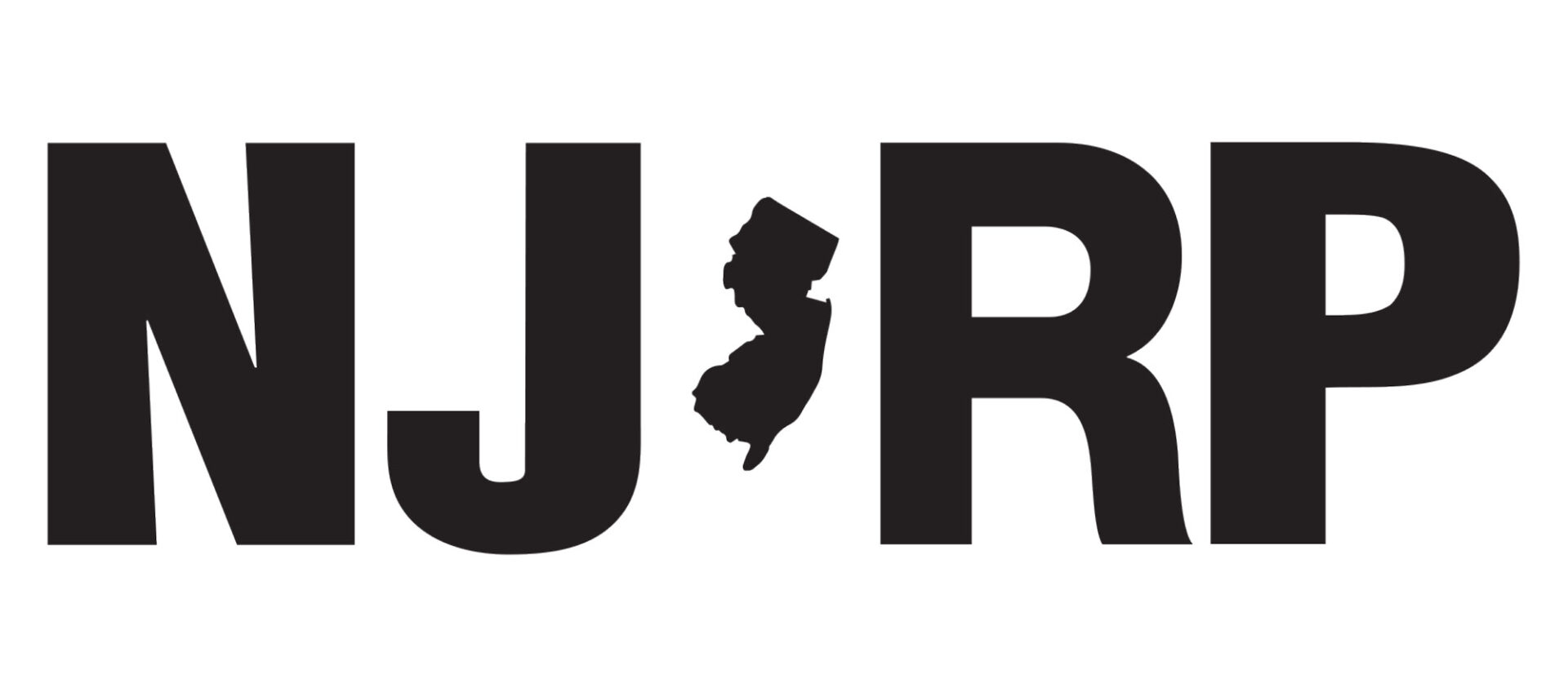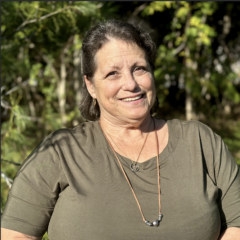
Jody Stewart grew up in a low-income working class community in Youngstown, Ohio. “You fought for existence every day because of the kind of environment it was. You just had to fight for everything, even the clothes you had on at school each day.”
Stewart moved as an adult to New Jersey, and in 1992 she experienced her first flood in Mystic Island, with 18 inches of standing water throughout her two bedroom bungalow in the back bay.
“I thought we wouldn’t see another storm like that again,” said Stewart. “Then, in 2012, Superstorm Sandy came and I had 43 inches of water in my house. I never thought I’d have to fight for my community like I did. But somebody had to, and I guess that’s me.”
Climate change is making storms that hit the eastern U.S. seaboard—like Sandy, Ida, and Florence—more frequent and severe. The New Jersey Resource Project’s (NJRP) mission is to educate and connect community leaders to work together for solutions and take action toward an economically just and resilient future. They work with those directly impacted and connect them with people who have critical expertise, and support community-led solutions to address climate change and impacts in New Jersey. Founded by Superstorm Sandy survivors, NJRP has achieved real results and continues efforts to reform broken disaster recovery systems.
“Right after Sandy, I was introduced to this NJRP meeting in the back bay,” said Stewart. “My neighbors asked me to come and I thought, ‘Maybe it’ll help my situation,’ so I ran down to it. I found that I was much farther along than others in applying for disaster relief from the state, but realized I could help others who weren’t as far along, and maybe they could help other people they knew. I suddenly felt this sense of community, a sense of value, a sense of worth, a sense that I was a part of something bigger.”

Eight years later, Stewart serves as NJRP’s director of organizing. A self-described product of the bait and tackle industry who knew nothing about policy, she now finds that communities can win if they stick together. NJRP and its 8,000 members are now demanding change on many levels that will make their community more climate adaptive and resilient when the next storm comes, making sure houses are elevated and communities are implementing living shorelines.
In line with U.S. Energy Foundation’s (EF) mission, they also organize efforts to support offshore wind in New Jersey—part of the strategy to make sure they can keep their communities whole while reaping shared benefits as they tackle climate change with clean energy solutions. Offshore wind projects have kept Stewart’s taxes down, boosted the local economy, and driven new, family-supporting jobs while mitigating climate change.
“Despite challenges that come with building a brand new industry, New Jersey is working hard to make offshore wind work for communities, the climate, and its economy,” said Shanna Cleveland, EF Senior Regional Director, Northeast. “New Jersey Resource Project has played a pivotal role in shaping success by educating and organizing fellow residents around the benefits that offshore wind brings to their community and advocating to ensure developers and agency officials engage with communities to shape projects that increase resilience and minimize impacts.”
“Not long ago, a young man came to me who was a union electrician,” said Jody. “He’d just gone through the course to work on the turbines out in the ocean. I called him a hero, because he is standing up and saying, ‘This is going to be my job.’ Another man I met is a cook for offshore wind workers. These jobs make up the whole supply chain of supporting an industry like offshore wind and how it touches so many areas of a community. Today, I can see how offshore wind offers a future to working class people—not only the future of jobs, but their future of having a cleaner environment. That’s a good thing for all of us.”
The NJRP is now part of a national coalition with other hurricane-vulnerable states like Florida, Louisiana, Texas, Puerto Rico, and Mississippi, to fight for federal-level change. These groups are finding that, by working together, they can make progress to get the disaster relief they’re asking for, before being hammered again by another storm. NJRP finds that working on federal policies to curb climate change is inextricably connected with their local mission to reduce the frequency and severity of these disasters on New Jersey residents.
Organizers with NJRP also are branching out to support survivors of other climate-fueled disasters: They just sent several activation managers to Maui following the devastating wildfires there in summer 2023. NJRP staff were on the ground within 48 hours armed with money and emergency preparedness training they gained from their experiences with floods in New Jersey.
“The Organizing Resilience coalition at the national level is a new field for us. It’s something we’ve only been involved with for the past few years. We know to make real change it has to also include making them with other states,” said Jody. “It’s such a good feeling to know we’re making some change, but what we still need and work for is policies to get millions more dollars coming into New Jersey to help disaster survivors and to promote clean energy solutions.”
Hurricane Ida survivors can apply for relief programs here, and read through NJRP’s Hurricane Ida Program Explainer here.


